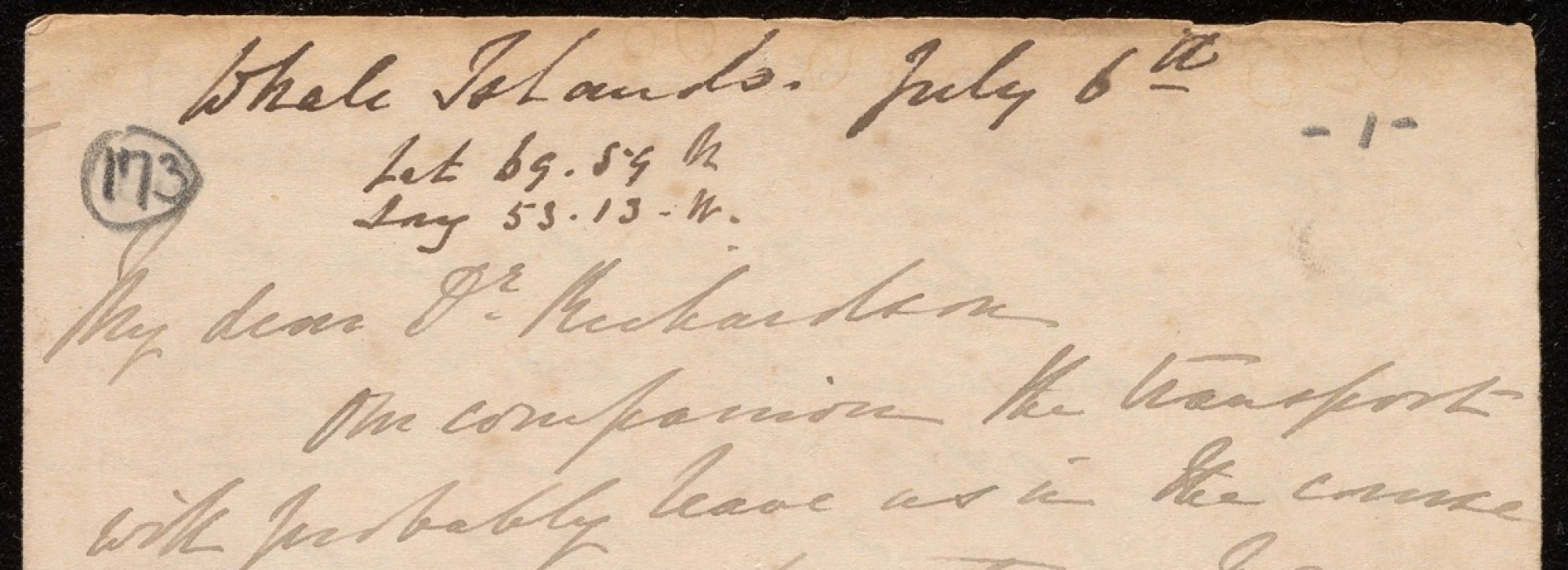Mission
The publication of historical sources is an old form of scholarship, practiced by a number of humanistic disciplines, with highly-developed traditions and standards. Yet in recent decades, undergraduate students at US universities were rarely taught this craft. In humanities departments, teaching and research focused on building the skills used to interpret selected primary sources, rather than on the technical, intellectual, and philosophical questions involved in their publication.
Newly digitized documents and online archives are transforming both the size and the nature of history’s source base. Where once the “readings” available for classroom use were texts published by scholarly presses, now students and researchers alike can draw on digital facsimiles of a huge range of artifacts: pictures, sounds, klms, unpublished manuscripts.
Yet the digital age often sidesteps or even ignores other, equally important, goals of documentary scholarship, such as providing the sort of contextual information and stable citational framework that would allow sources to be used in public life, scholarship, and teaching. In a world where history is everywhere and nowhere–and with a source base whose origin, nature, and future are often utterly unclear–why bother to think about any one thing systematically or seriously?
SourceLab, based at the University of Illinois at Urbana-Champaign, seeks to respond to these challenges, creating a new kind of space within college education where students can learn and practice the skills they need to become informed critics and publishers of historical sources in a digital age. A Digital Humanities collective involving students, faculty, and the public at large, SourceLab pursues three main activities: education, publishing, and research. In these ways, we seek to help academic life respond in real time to the opportunities and challenges raised by the digitization of history.
Teaching and Education
Faculty and graduate students associated with SourceLab offer courses that train students in the history and contemporary practice of documentary editing and the craft of publishing historical sources. The undergraduate, entry-level course (100 or 200 level) is followed by a credit- bearing practicum or “internship” program, which would allow students or teams of students to earn course credits by completing said editions for publication in the series.In addition, the graduate course focuses on larger theoretical and conceptual questions of digital history prompting students to investigate how digital documentary practices challenge standard historical approaches and methodologies. SourceLab benefits both for and from our students; not only do students earn course credit toward their degrees, it also offers them author credits (on the resulting editions) that they can add to their resumes.
Publishing
An editorial board composed of faculty, students, and staff publishes our series SourceLab. The editorial board regularly issues Calls for Proposals, asking members of the public to identify material they would like to see prepared for scholarly use. The editorial board reviews these proposals, creates common templates and standards for the editions, and oversees the review and publication of approved projects. In addition, the editorial board approves the use of and any changes to the technological platforms used for both authoring and archiving editions.
Each SourceLab digital documentary edition provides readers with basic information and scholarly commentary about the sources presented, clarifying their origins, evolution, meaning over time, current location, and intellectual property status. In addition, we include guidance as to how teachers and researchers can cite our editions, as they use them to explore the past. All SourceLab editions are published through a peer review process, hosted by the Illinois Open Publish Network (a publishing program of the University of Illinois Library), and available for all uses and users. You can find our editions here.
Research
SourceLab also sponsors public workshops, talks, and symposia dedicated to building our core expertise in digital documentary publishing. Members of the Editorial Board tailor these events to the needs of SourceLab, the status of digital history, and/or the community’s wants. These components of SourceLab offer an education for students that, in turn, benefits society as a whole. By being trained in the skills necessary to link the new digital record to the practice of writing history, our students and communities are able to help society keep track of what can really be known about the past, amidst the new tide of information. Given that we all live in time, and often imagine our futures based on judgments about the past, this skill set is significant, in every walk of life.
